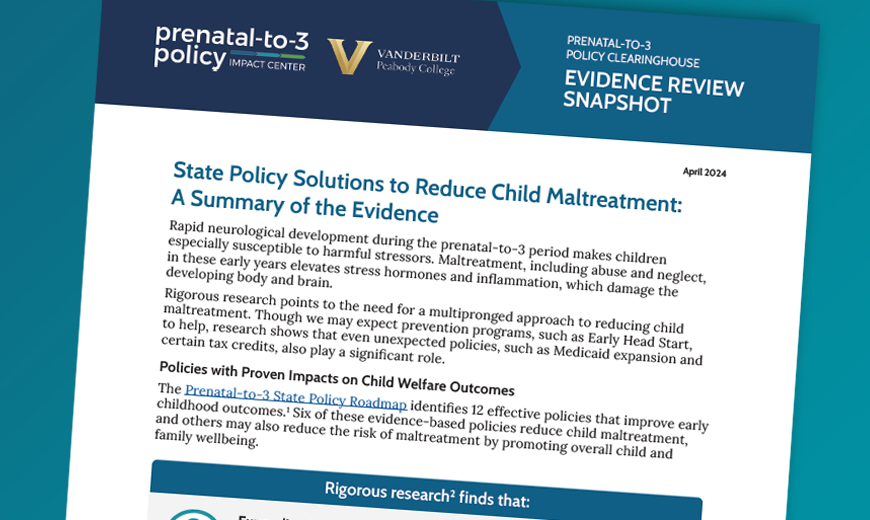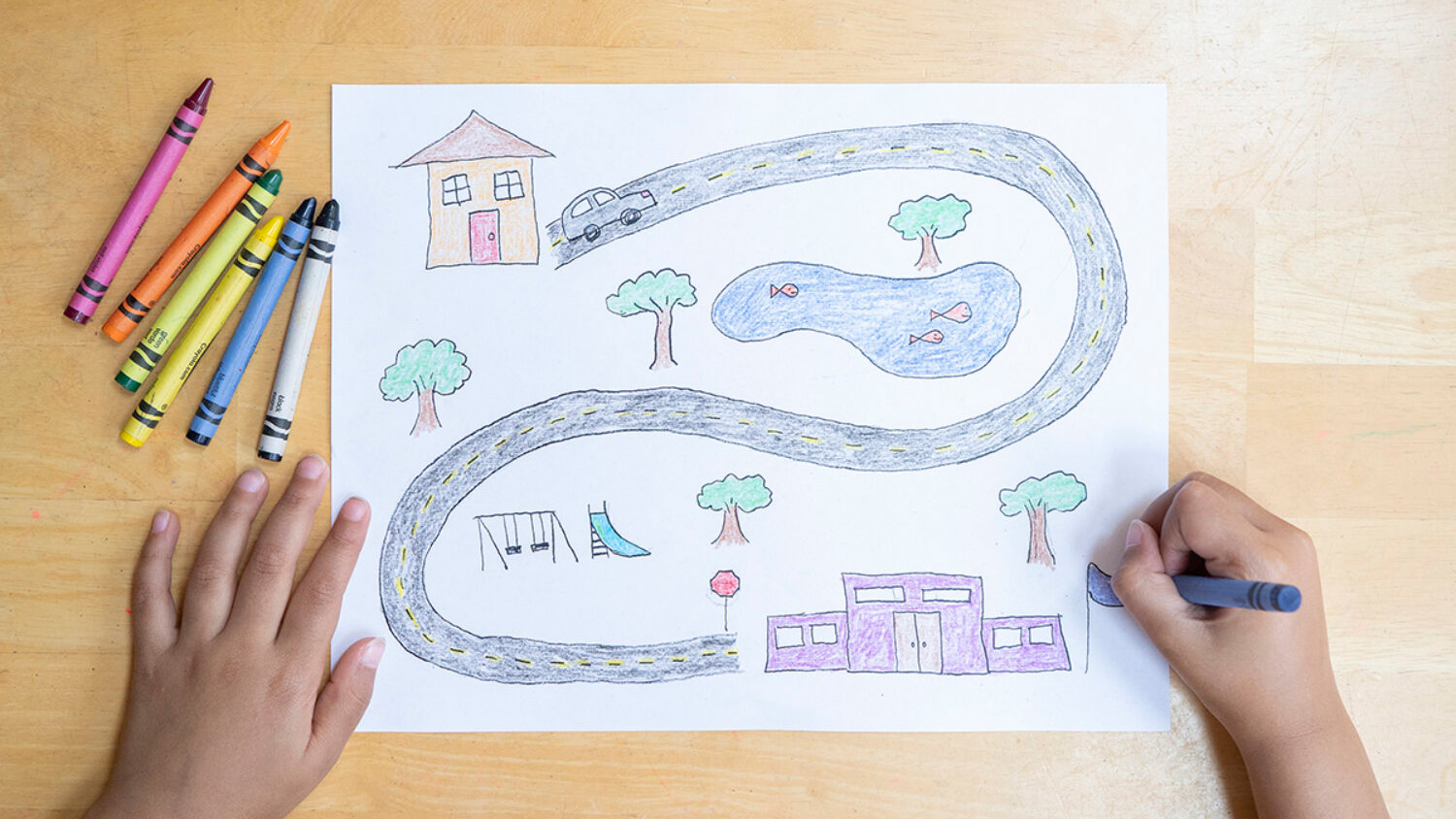- Home
- /
- Research Topics
- /
- State Minimum Wage
State Minimum Wage
Minimum wage policies establish a floor for workers’ hourly wages. Although the federal government sets a minimum wage for the country as a whole, states can individually establish higher minimum wages. Increasing pay for workers with low wages may increase access to basic resources, helping to lift low-income families out of poverty and alleviate parental stress.
Featured Resource
A state minimum wage of at least $10.00 increases household earnings and reduces child poverty, particularly in families of color, as well as improves birth outcomes and children’s health and development.
Related Resources
Barriers to health care, high-quality health insurance, and parental leave work together to leave families and children vulnerable during the perinatal period. These barriers can shape life-long outcomes, particularly for children from historically marginalized groups.
- Blog
- |
Bipartisan momentum has advanced tax credit proposals across the country, a historic debate over Medicaid expansion continues in Mississippi, and several states made progress in the past month to provide doula services through Medicaid. By
Did you know state policies play an important role in reducing child maltreatment? Rapid neurological development makes children especially susceptible to harmful stressors, such as maltreatment, during the prenatal-to-3 period. Though we may expect prevention
- Blog
- |
Just like that, we find ourselves 3 months into the 2024 legislative sessions! In this month’s post, we cover legislative trends in five prenatal-to-3 policy areas we’re tracking across multiple states. Some efforts are near
- Blog
- |
State lawmakers face difficult choices about how to use scarce public resources. To ensure that investments have a big impact on young children, lawmakers often want to know—which policies actually work? The Prenatal-to-3 Policy Impact
- News
- |
Vanderbilt University’s Prenatal-to-3 Policy Impact Center (PN-3) just issued its annual State Policy Roadmap, exploring ways that the states (and D.C.) can improve conditions so infants and toddlers can thrive. The Roadmap focuses on 12 solutions shown







